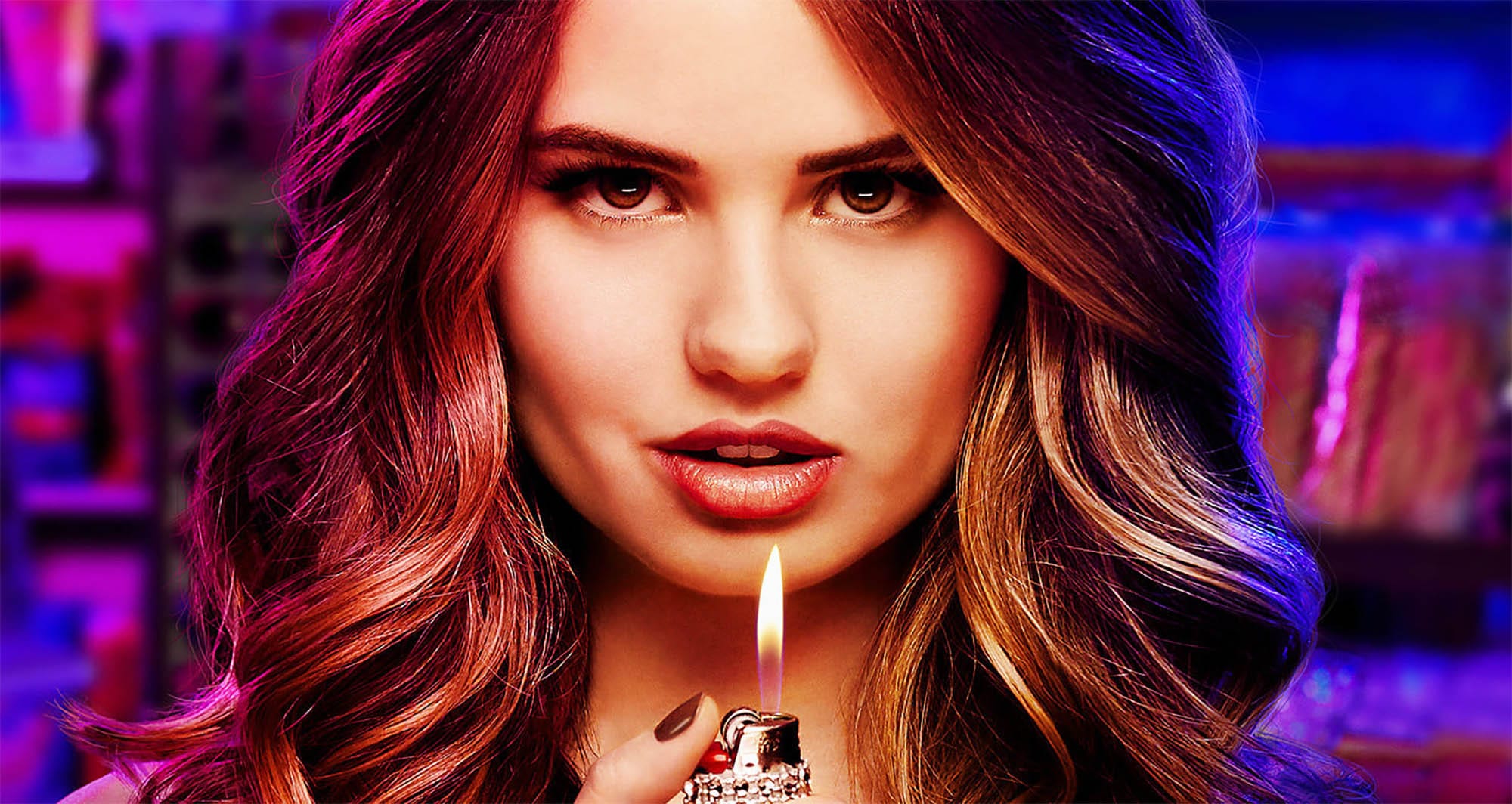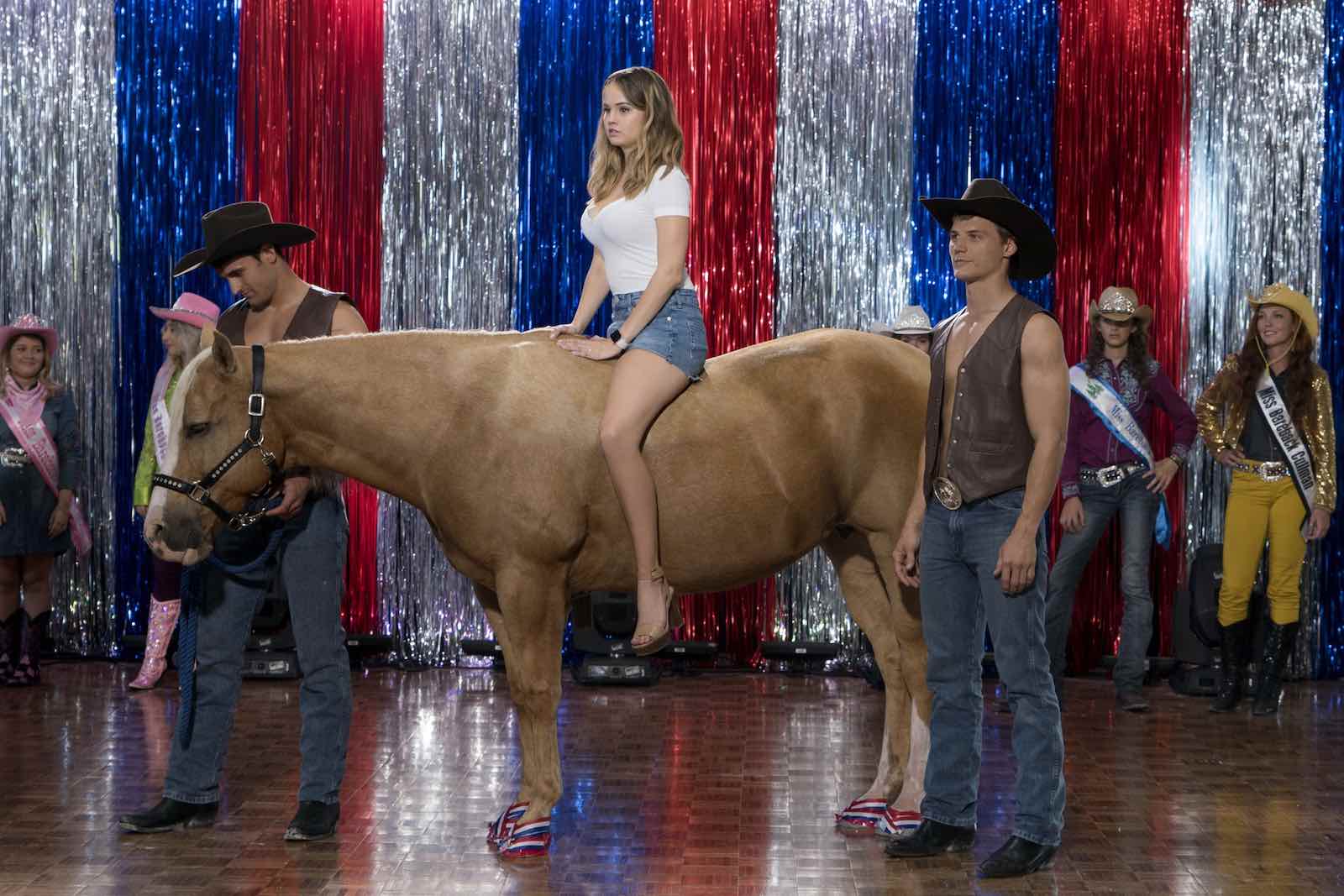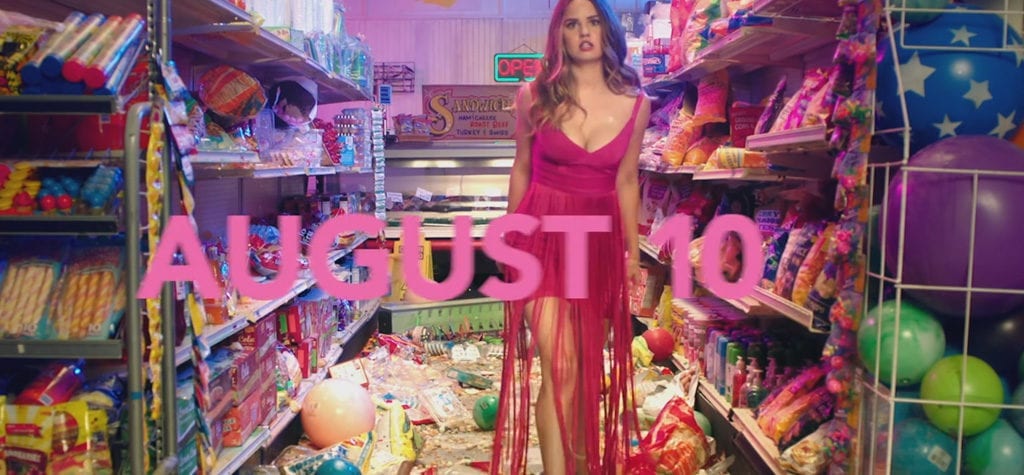
WTF, Netflix? Here’s why ‘Insatiable’ shouldn’t get a season 2
When the first full-length trailer for the new Netflix Originals show Insatiable dropped, there was uproar online when body-positivity advocates campaigned against the release of the show.
Thousands signed a petition in support of cancelling Insatiable arguing it has a damaging depiction of a “fat girl” (or more accurately, a thin girl in a fat suit) finding power and revenge after she gets punched in the face, has her jaw wired shut, and loses weight.
We did argue in defense of Insatiable, suggesting naysayers at least see it before accurately drawing judgement. In particular, we were intrigued by showrunner Lauren Gussis’s suggestion that the aim of the show was to use satire as a way to “push the bar forward” in addressing issues surrounding body image and bullying through a dark comedy lens.

However, having seen S1 in full, we can safely say Insatiable has utterly failed in that mission. Furthermore, it doesn’t push any bar forward in exploring modern issues pertaining to bullying or body image so much as simply leaning casually on said bar, hurling a few limp quips out from the periphery.
Ultimately, Insatiable is too safe to be considered a dark comedy. It’s also trying far too hard to be edgy to provide any worthwhile commentary about society’s obsession with aesthetic “perfection” or how those who don’t fail to live up to society’s rigid standards get steamrolled for failing to fit in.
The problems are evident in Insatiable almost immediately. At a beauty pageant, we’re introduced to Bob (Dallas Roberts, whose talent is frankly wasted within the show) – a man desperate for a win against his rival Bob Bernard (Christopher Gorham).

We’re then introduced to Dixie Sinclair (Irene Choi) – the beauty queen he’s coaching. She’s exactly the sort of beautiful, perfunctory moron we’ve all seen in about a million teen comedies that make similar points about how beauty is worthless if you don’t have any substance to you (blah blah blah).
From here, there are some woefully mishandled jokes involving Bob grimacing at his beauty queen’s painful lack of awareness. Most notably, there’s an early scene where Bob grimaces as she refers to transgender people as “trannies” in her overblown supportive statement about keeping “homophobes out of our country.”

Within the first few minutes of the pilot episode, Insatiable’s uneven tone is already set in stone. The show wants desperately to poke fun at ignorance and virtue-signaling but it lacks the sharpness, insight, or even humor to do so with any weight.
Like Dixie Sinclair, Insatiable’s attempt at satire is all surface and no substance. Every glaring attempt to be caustic and current instead comes off as limp and passé. By the time Dixie is on stage confusing a question about her views on ISIS as one about her favorite flavors of “ices”, you may find your inner laugh factory has closed up shop and boarded up the windows, lest Insatiable’s misfired jokes cause any permanent damage.
Which is genuinely a shame. As the show goes on, it’s clear it has some bold statements to make regarding the nature of physical dependencies (be it on food, alcohol, or sex) and in challenging the idea that traditional forms of beauty equate to power in our society.

We’d even argue that the arc of Patty (Debby Ryan) from the bullied teenager known as “fatty patty” to a vengeful beauty queen in training is handled far better than the original trailer outlined it as being.
Ryan does well with a mediocre script in playing a young woman who hasn’t changed a single bit from the smart, compassionate, yet pissed off young woman she was back when she was a bigger size. She’s a swaggering firebrand of a young woman utilizing her newfound power as the sort of “thin and pretty” girl her classmates worship against those very same superficial idiots who grant power to such a physical appearance.
This isn’t a story about a teenage girl who only finds power when she loses weight. It’s a story about a young girl confronting society about why she’s only suddenly considered to be spectacular when she’s exactly the same person she was before.

It’s an important message, but it’s delivered in such a euphuistic manner that it’s smashed into just about every scene possible with all the subtlety of a sledgehammer.
The show’s proclivity to draw back to this central theme at every opportunity is unnecessary and a little patronizing. It comes off as a desperate exercise in safeguarding to ensure that no viewers will be offended by Patty’s transformation and subsequent arc – which is ironic considering how offensive many found the initial marketing campaign to be.
As a result, any further attempt to satirize societal views on such things are de-fanged by jokes lurching forward with a set of bare gums where a razor set of jagged punchlines should be. Sadly, the same careful safeguarding isn’t exercised in the depiction of Nonnie (Kimmy Shields), Patty’s closeted lesbian best friend. When it comes to Patty, she’s practically the teenage lesbian equivalent of a Tex Avery wolf.

She’s a character solely defined by her sexuality, her friendship with Patty, and her desperate (practically slobbering) desire for something more with her BFF. We’re inclined to assume (because we honestly couldn’t stand to watch beyond the second episode) she exists solely to remind Patty that she loves her for who she is and at any size.
Which is great! Except the character didn’t need to be drawn from a set of tired ass lesbian tropes in order to achieve that. The portrayal is one-dimensional and frankly, damaging. It may even be more insulting than the fat suit Ryan wears at the beginning of the episode.

All in all, Insatiable doesn’t give us a hunger to see more. In fact, we completely lost our appetite for the show less than two episodes in. There’s better satire out there already capably dealing with better topics that aren’t throwing young women under the bus or relying on cheap jokes to look edgy – in fact, check out Dietland on AMC if that’s what you’re after, because that show is currently nailing it.
Insatiable isn’t an all you can eat buffet of dark comedy and disruptive feminist commentary. It’s a reheated plate of slop from an archaic kitchen of storytelling that comes with some seriously toxic residue – albeit, slightly different from what the naysayers may have originally presumed.
Season two of Insatiable is already on its way for women to hatewatch and chill. It’s a travesty that such poorly plotted and executed shows such as this get renewed, while thoughtful, well-written shows like Shadowhunters, One Day at a Time, and Everything Sucks! get canned – further proof that algorithms make programming decisions at Netflix, rather than human beings with eyes & ears.



